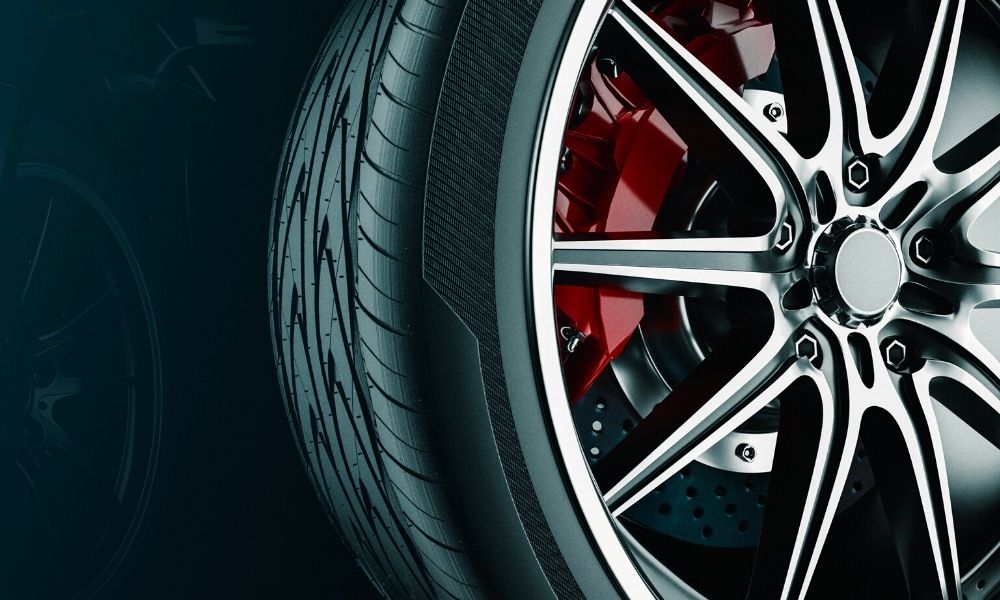
Those concept cars with the big wheels at auto shows look super cool, but do larger wheels provide better performance? It depends on what “performance” means to you. Larger wheels may provide better cornering and handling at higher speeds but might not work so well in wet or snowy weather. The added width and weight can also affect fuel economy and noise and may mean a bumpier ride.
What Goes Up Must Come Down
Up-sizing your wheels means downsizing your tires’ profile. There’s only so much room in the wheel arch. For example, if you go from 17-inch to 18-inch rims for your Honda Accord, you may have to decrease the height of your tire. If you change the wheels without thinking about tire size, you could damage the suspension of your car. Your speedometer may even lose accuracy if you have mismatched wheels and tires because the larger wheels will rotate at a different speed than before.
Slow and Suburban or Fast on the Freeway?
Wheel size affects handling and ride at different speeds. Do you spend most of your drive time on sleepy suburban lanes or fast-moving freeways? Larger wheels have a reputation for improving handling at high speed. However, the lower profile tires that go with them have less rubber and air between you and the road. As such, the ride can be rougher over potholes and bumps. A larger wheel and bigger tire resists rolling more than a smaller tire and needs more energy to accelerate, affecting gas mileage.
Consider Expense
It’s just common sense that a bigger wheel will likely be more expensive. There’s more steel or alloy involved in the wheel itself, and the matching tires, while lower in profile, are still larger overall. That said, if you mainly drive on well-maintained highways, the extra cost of bigger rims may be worth it for the improved handling and stability.
Consult an Expert
There’s a lot to consider if you’re thinking about replacing your wheels due to damage, or even just for looks. If you’re thinking about changing the size of your wheels, think about factors that can affect your car’s performance:
- Highway or suburban driving
- Handling and cornering at higher speeds vs. a bumpier ride over potholes
- Height and weight of the wheels and their effect on fuel economy and acceleration
- Cost
- Safety and wear on your suspension and tires
Talk to an expert about the options available for your make and model and get advice about the dimensions of compatible wheels. Remember that standard wheel size can change with the model year, and some designs and finishes may have limited availability. Your wheel expert can help you choose replacement wheels that will work best for your car and your kind of driving.


